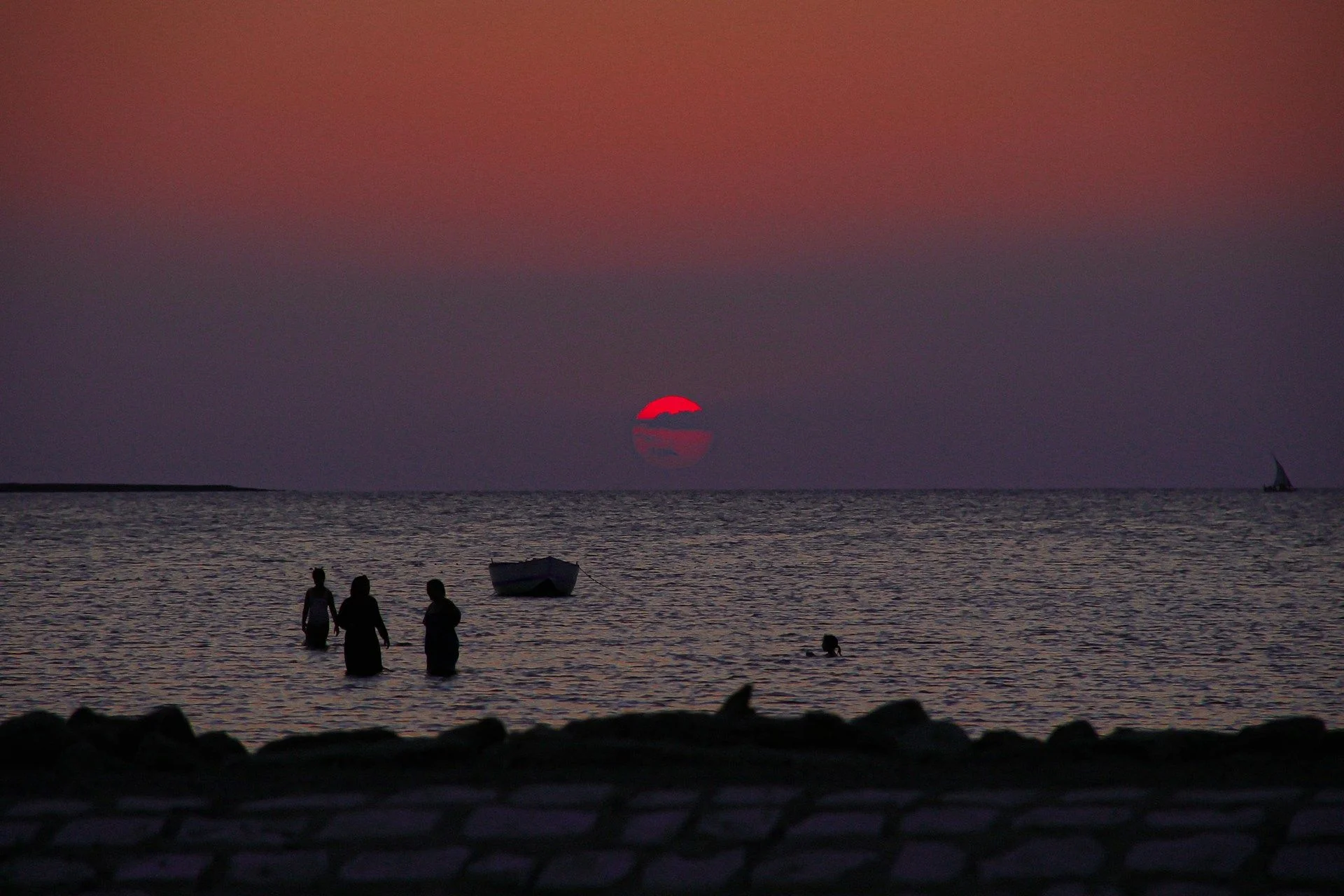Asset Management & Investment Properties in SfaxReal estate near seafood markets and salt flats

Best offers
in Sfax
Benefits of investment in
Tunisia real estate
Mediterranean homes at unmatched prices
Tunisia offers seaside apartments and villas for a fraction of the cost compared to Europe — perfect for budget-conscious buyers.
Active rental market in tourist hotspots
Destinations like Hammamet and Sousse show consistent seasonal demand for short-term rentals, supporting passive income strategies.
French-speaking market with simple daily life
With widespread use of French and affordable services, Tunisia feels familiar to European buyers looking for low-cost relocation.
Mediterranean homes at unmatched prices
Tunisia offers seaside apartments and villas for a fraction of the cost compared to Europe — perfect for budget-conscious buyers.
Active rental market in tourist hotspots
Destinations like Hammamet and Sousse show consistent seasonal demand for short-term rentals, supporting passive income strategies.
French-speaking market with simple daily life
With widespread use of French and affordable services, Tunisia feels familiar to European buyers looking for low-cost relocation.

Useful articles
and recommendations from experts
Real Estate in Sfax, Tunisia
Why Invest in Sfax
Sfax is Tunisia’s second-largest city and a vital economic hub, particularly known for its industrial base, port activity, and olive oil exports. Unlike tourist-centric Tunis or coastal resorts, Sfax is more industrial and business-driven, making it a compelling destination for commercial real estate and long-term residential investments. Its affordability, infrastructure, and regional importance offer great opportunities for investors seeking stable rental returns or strategic land development projects.
Property Types in Sfax
Real estate offerings in Sfax are diverse, including:
- Residential apartments — Available in central zones like Bab Bhar, Sfax Medina, and new areas such as El Ain or Sakiet Ezzit.
- Standalone houses — With gardens or courtyards, especially in suburban districts.
- Commercial units — Offices, workshops, and retail spaces in downtown or near industrial zones.
- Warehousing and industrial property — Particularly in Sidi Mansour and the port area.
- Land plots — For logistics, industrial, or mid-income housing projects, especially near roads leading to Gabès or Mahdia.
Foreign Ownership Rules
Foreigners must follow the national process to acquire property in Tunisia:
- Authorization requirement: All foreign real estate purchases must receive approval from the Governor of Sfax.
- Legal title registration: Once approved, properties are recorded through the national Land Registry (Conservation Foncière).
- Land use restrictions: Buying agricultural land is prohibited for foreigners, but construction land may be permitted upon review.
- Business ownership structures: Foreign companies may buy commercial or industrial property with fewer limitations.
Price Ranges and Market Conditions
Sfax offers some of the most affordable real estate in Tunisia:
- Small apartments: TND 150,000 – 250,000 (€45,000 – €75,000)
- Mid-range 2–3 bedroom units: TND 250,000 – 400,000 (€75,000 – €120,000)
- Standalone houses: From TND 350,000 up to TND 800,000 depending on size and location
- Commercial/office units: €1,000 – €1,800 per m² in central Sfax or near key industrial roads
- Industrial land: TND 100 – 400 per m² depending on zoning and utilities
Rental Demand and Returns
Sfax maintains a consistent rental market driven by:
- Industrial and port workers needing affordable housing in peripheral districts.
- Students and professionals attending institutions such as the University of Sfax or local hospitals.
- Business operators in logistics and manufacturing sectors seeking warehouse and office space.
- Residential apartments: 5% – 7%
- Industrial/commercial space: 8% – 10%
- Student housing: up to 9% near university campuses
Key Investment Zones
Promising areas in and around Sfax include:
- Bab Bhar and Medina Sfax: The historical city center with commercial shops and traditional housing stock, suitable for redevelopment or mixed-use projects.
- El Ain and Sakiet Ezzit: Growing suburbs popular with families and younger professionals. Modern apartment blocks and small gated communities are expanding here.
- Sidi Mansour and Route Mahdia: Ideal for logistics parks and industrial properties due to proximity to transport routes and the port.
- Gremda and Thyna: Offer affordable land for development or agriculture-adjacent industrial use.
Buying Process in Sfax
The steps for foreigners purchasing real estate include:
- Reservation and signing of a preliminary agreement (usually with a 10% deposit).
- Submission of an authorization request to the Governor of Sfax (approval can take 2–6 months).
- Final sale contract notarization after government approval.
- Title registration through the Land Registry.
- Tax and fee payments handled through your legal representative.
Taxes and Property Costs
Real estate-related expenses include:
- Property transfer tax: 5% of the declared sale price (or 6% for commercial)
- Notary fees: 1.5% – 2% depending on complexity
- Municipal property tax: TND 100 – 300 annually based on size and usage
- Alien ownership registration fees: May vary case by case for foreign entities
- Rental income tax: 15%–20%, with allowable deductions for maintenance and management
Investment Use Cases
Real estate in Sfax is best suited for:
- Long-term residential landlords serving local working-class and middle-income families
- Industrial real estate investors targeting warehouses, factories, or storage facilities
- Diaspora buyers building homes for family use or retirement
- Developers launching mid-income apartment blocks or student housing solutions
Conclusion
Sfax stands apart from Tunisia’s tourist cities by offering a practical, industry-oriented investment landscape. For those interested in commercial, warehouse, or affordable residential property with stable long-term returns, Sfax is a hidden gem. Foreign ownership procedures require persistence and legal support, but the overall value proposition — low entry prices, high rental stability, and Tunisia’s strategic Mediterranean position — remains strong for committed investors.
